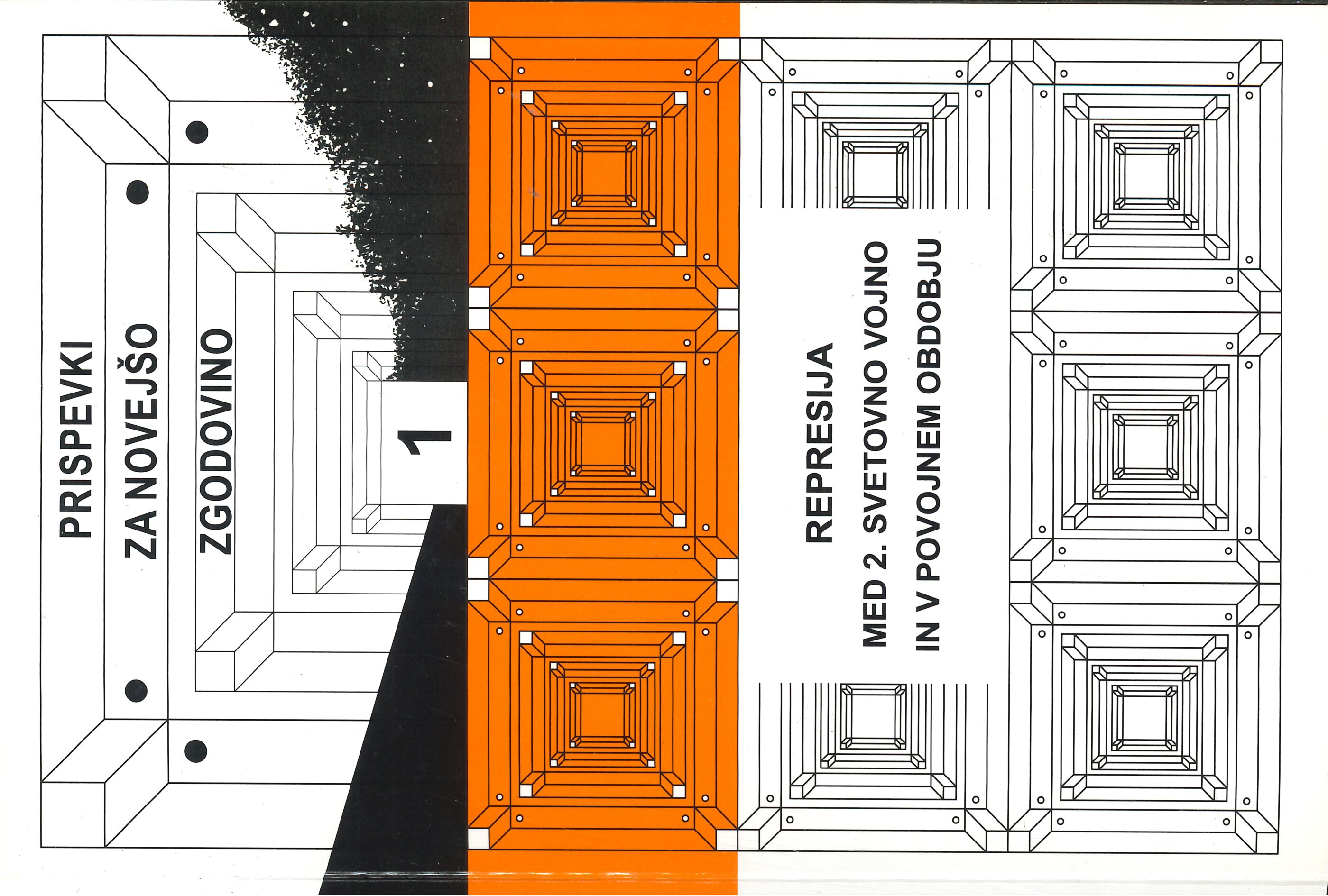Poglavitne oblike in razsežnosti represije v povojni Evropi
Keywords:
Europe, World War II, Nazism, collaboration, Europe after WWII, prisoner of war, German minorities, violence, purgeAbstract
THE MAIN FORMS AND DIMENSIONS OF REPRESSION IN THE POST‐WAR EUROPE
On the basis of an extensive selection of literature, the author presents and briefly analyses the processes in the post‐war Europe characterised by various kinds of violence. First he focuses on the destiny of millions of prisoners of war in the Western and especially Soviet prisoner‐of‐war camps. In view of the fact that the German minorities in the Central and Eastern Europe collaborated with the Nazis before and during the war, after the war the Allies exiled them, and this represented one of the major population relocations in the contemporary European history. In the course of these deportations violence occurred, resulting in a significant number of deaths. The author presents the retaliation against wartime collaboration as the third characteristic process taking place in the context of post‐war repression. In the Western Europe this process unfolded at regular judicial proceedings with a partial exception of France and especially Italy. However, in the Central and Eastern Europe retaliation often exceeded the legal context of ensuring just punishment, turning into a payback against the actual or potential opponents of the new authorities and serving as a means of taking over the power and changing the social system.
Downloads
Published
Issue
Section
License
Authors who publish with this journal agree to the following terms:
- Authors retain copyright and grant the journal right of first publication with the work simultaneously licensed under a Creative Commons Attribution License that allows others to share the work with an acknowledgement of the work's authorship and initial publication in this journal.
- Authors are able to enter into separate, additional contractual arrangements for the non-exclusive distribution of the journal's published version of the work (e.g., post it to an institutional repository or publish it in a book), with an acknowledgement of its initial publication in this journal.
- Authors are permitted and encouraged to post their work online (e.g., in institutional repositories or on their website) prior to and during the submission process, as it can lead to productive exchanges, as well as earlier and greater citation of published work (See The Effect of Open Access).


